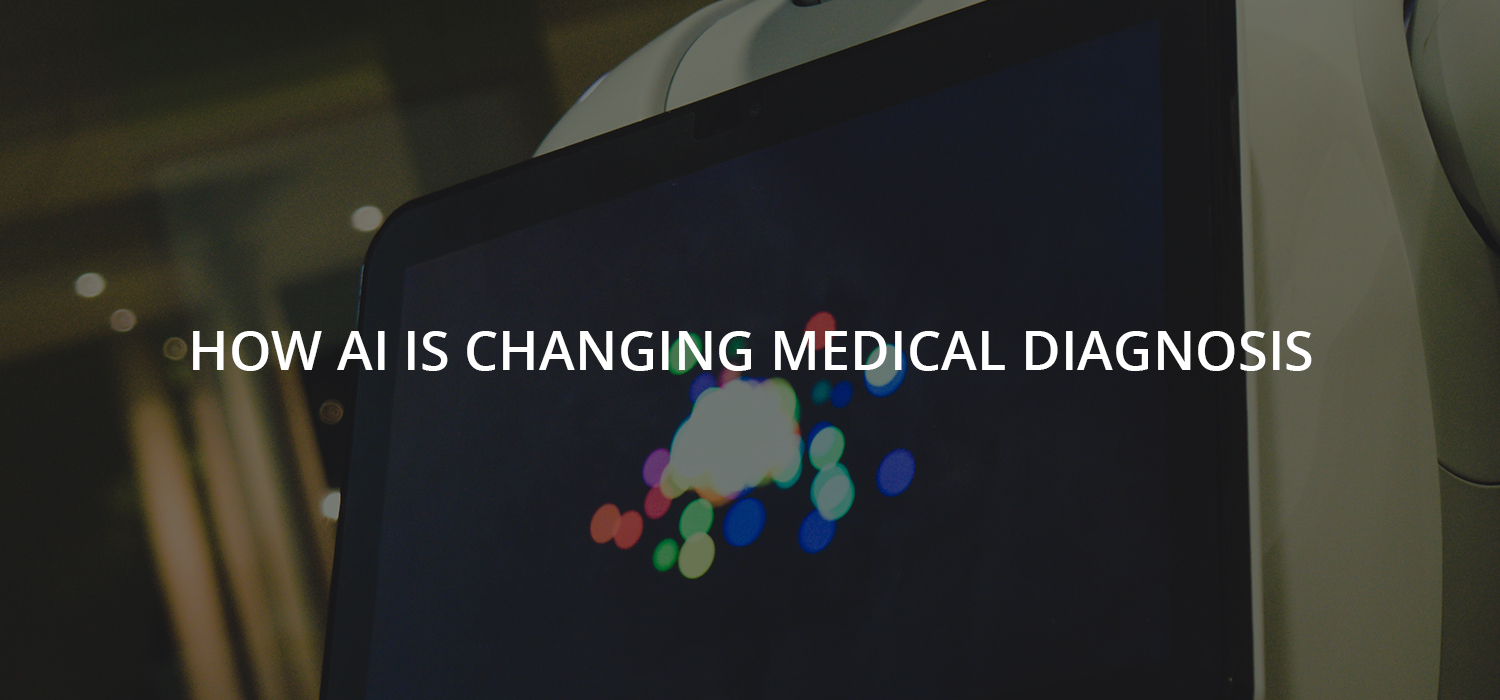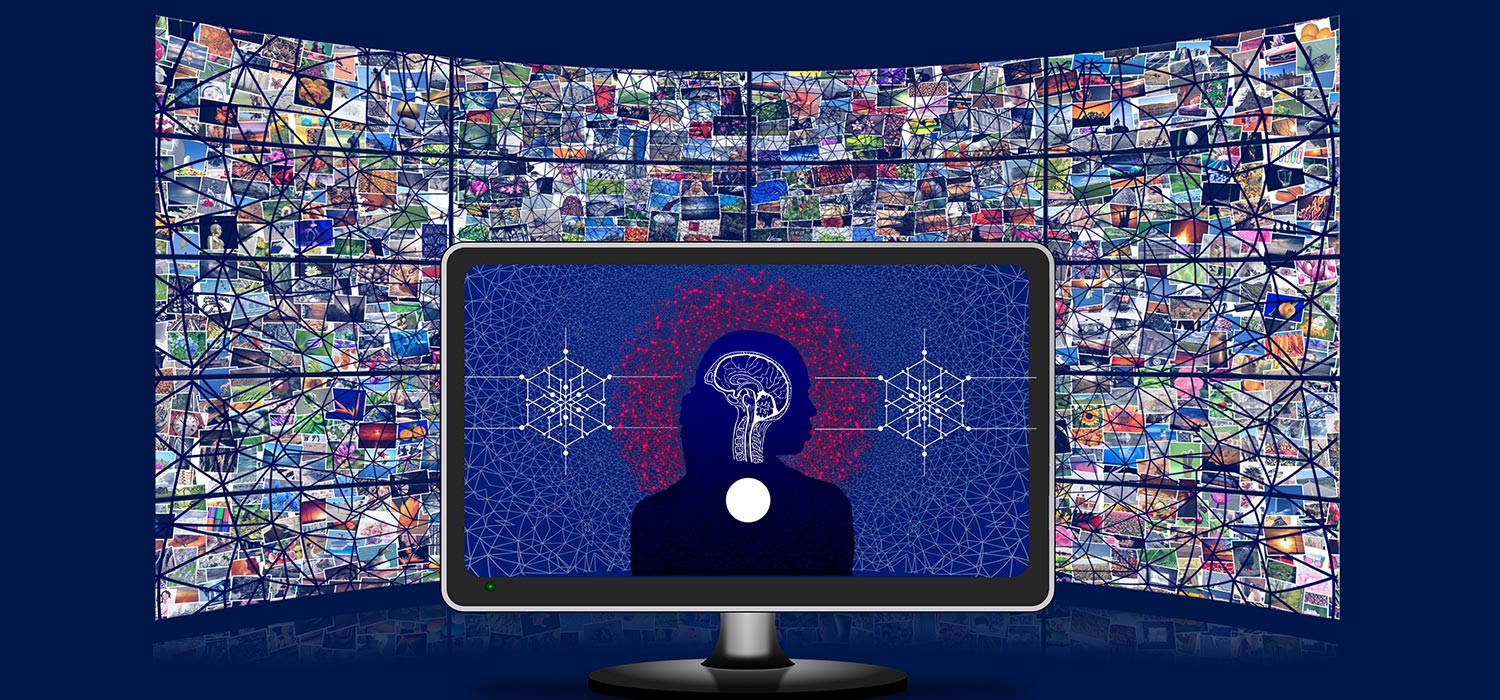

Artificial intelligence (AI) is commonly used for support and efficiency in the medical community. Al has evolved from a technology seen with suspicion for replacing medical professionals to becoming the second pair of eyes for the medical field. AI in the medical field is helping medical practitioners and facilities to minimise their workload pressure while maximising their efficiency.
Al in medical diagnosis helps with medical decision-making, management, automation, admin, and workflow. AI is used to diagnose cancer, triage critical findings in medical imaging and acute flag abnormalities, help radiologists prioritise life-threatening cases, diagnose cardiac arrhythmias, predict stroke outcomes, and help with the management of chronic diseases. AI is a vast realm of data, algorithms, analytics, deep learning, neural networks, and insights constantly evolving to meet the healthcare industry's and its patients' needs. Artificial intelligence in medical diagnosis has shown enormous promise in modifying the standards of medical care while limiting the extreme pressures felt by the medical industry in recent years.
The role of artificial intelligence in alleviating physician burnout
Physician burnout is a very big problem that has to be dealt with. Exhaustion from overwork has a huge impact on the performance of medical professionals in a bad way. Many physicians are resigning from their job, struggling to deliver quality patient care, and juggling complex emotional challenges. Exhaustion is normally due to working long hours, extra workload, and lack of support from others. Physicians make difficult and life-changing decisions daily and are frequently not given the space or time to control their workloads effectively. A recent study found the dangers of placing too much pressure on doctors, particularly those juggling families, retirement planning, and the complexities of their jobs.
According to this year's report, 42% of physicians are burned out. Emergency medicine, critical care, family medicine, neurology, urology, and internal medicine are the specialties most affected. What is the primary cause? The administrative workload.
Medical diagnosis is where AI can play an important role. A carefully designed medical diagnostic artificial intelligence can ease the burden of doctors processing vast amounts of information and images and take on much of the administrative burden. The right solutions designed specifically for healthcare give medical professionals essential support in managing the growing volume of data, information, and images.
AI can support overworked doctors with systems designed to minimise stress and spend more time with patients.
How AI is supporting the radiologist profession
Artificial intelligence in medical diagnostics is a powerful tool to reduce physician burnout and provides radiologists with superior support in coping with the ever-increasing workload. Radiologists are expected to process vast amounts of images at speeds previously unattainable. Today, they must sift through many images while prioritising urgent and managing patient care. This is the area where artificial intelligence in medical diagnosis shines. AI and deep learning solutions provide radiologists with essential support in managing these massive image volumes, streamlining workflows, saving time, increasing capacity, and increasing diagnostic confidence. AI is a great help for radiologists as it reduces their workload.
Radiologists can prioritise tagged images, capturing urgent cases faster without impacting existing workloads or cases.
Artificial intelligence in medical diagnosis is still at the limits of its potential. There is much room for growth and technology to improve what we can do to support healthcare professionals. As it exists today, AI is already integrated into practices and workflows, and as it continues to evolve, change and adapt, diagnostics, workflows, management, and workloads.
At the end, if we shape cognitive computing wisely, it could usher in a golden age. There's a great rush all over AI right now... Being cognitive will provide a competitive advantage.
